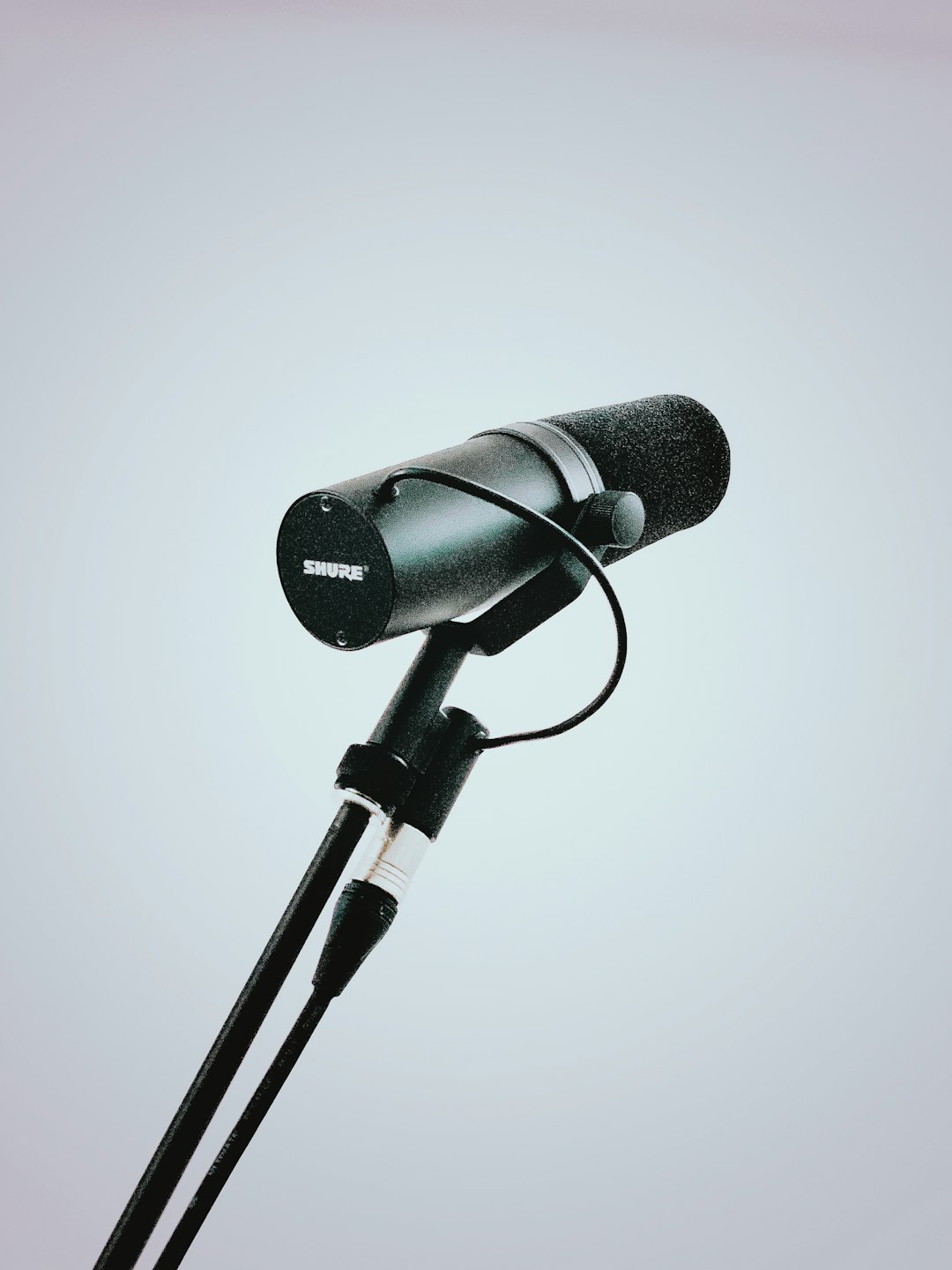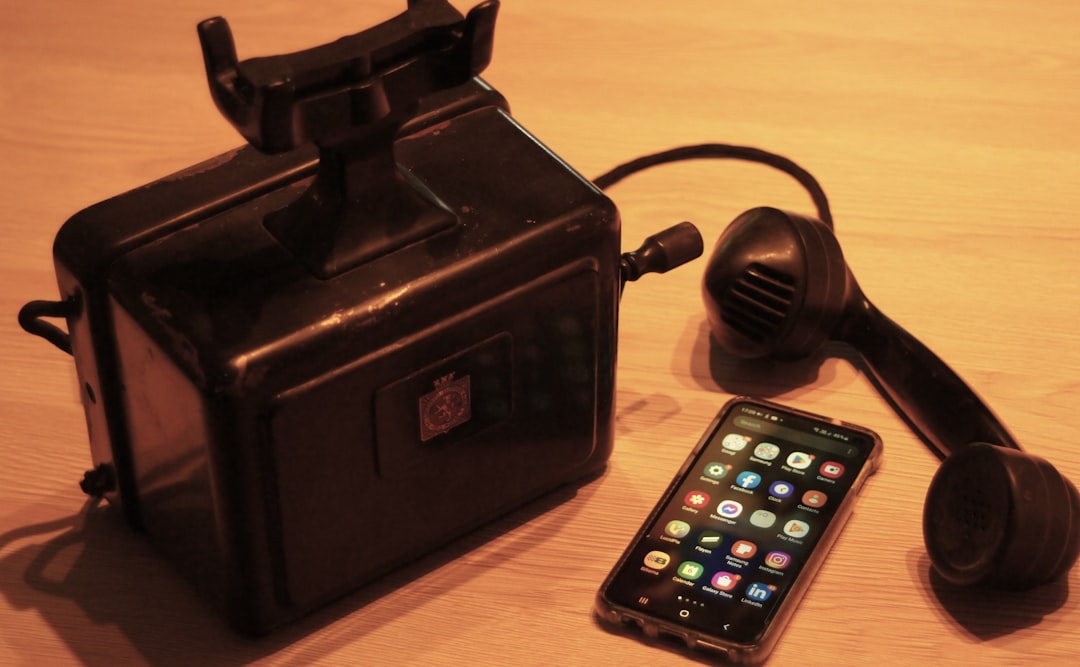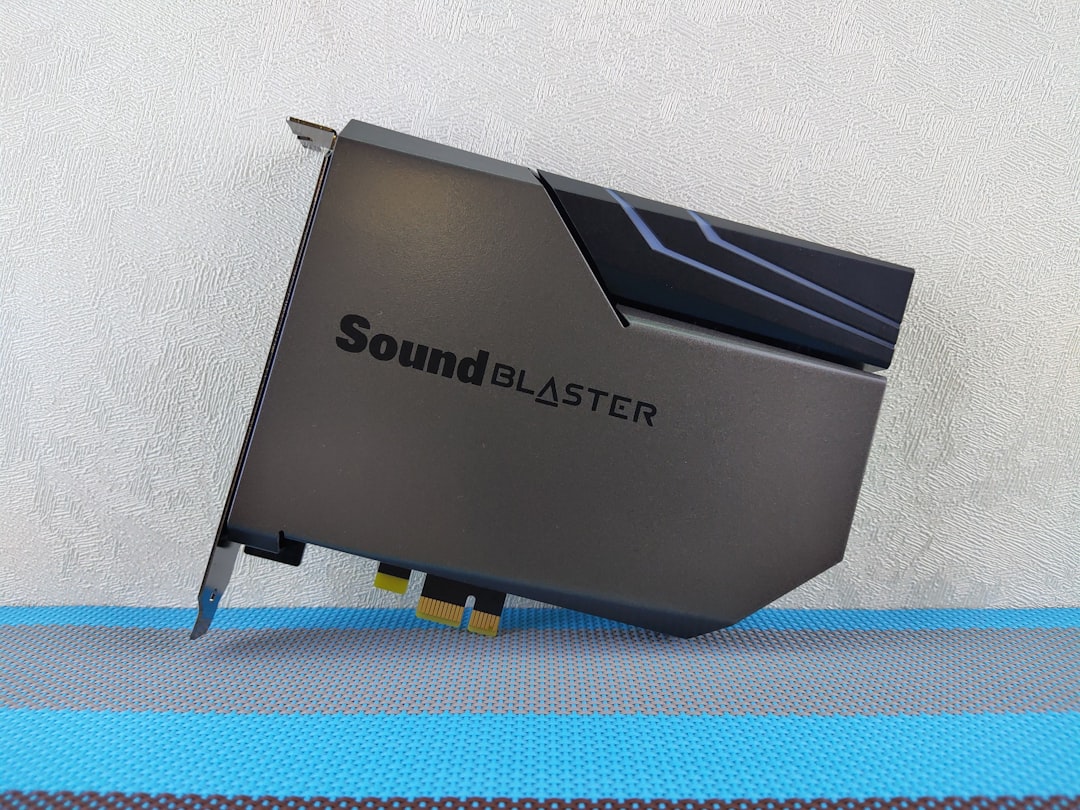With modern smartphones and laptops slimming down and shedding legacy ports, USB-C has emerged as the de facto standard for charging, data transfer, and increasingly, audio. For users who still rely on traditional 3.5mm headphones or specialized audio gear, this shift has created a growing demand for high-quality USB-C audio adapters. However, all adapters are not created equal—compatibility, audio fidelity, build quality, and chipset support vary widely. Knowing which adapters work well can save you from distortion-filled audio, connection issues, or complete compatibility failure.
Whether you’re an audiophile, a regular commuter, or a remote worker who depends on crystal-clear audio for video calls, choosing the right USB-C audio adapter matters. This article takes a close look at what makes a USB-C audio adapter trustworthy and highlights several reliable options that perform well across various devices and use cases.
Why USB-C Audio Adapters Matter
USB-C is a versatile standard capable of transmitting audio digitally. This digital nature is both a blessing and a challenge: while digital signals are less prone to interference, they require digital-to-analog conversion (DAC). This conversion process demands a high-quality DAC chip—something not all adapters provide.
In many modern smartphones like recent Google Pixel, Samsung Galaxy, and some OnePlus models, the 3.5mm headphone jack is missing. Laptops, especially ultrabooks like the MacBook Air and Dell XPS, are also moving toward single-port solutions. You now often need an adapter to bridge traditional audio gear and USB-C-only devices. Getting one that functions consistently is critical to your user experience.
Must-Have Specifications in a USB-C Audio Adapter
Before diving into specific products, it’s important to understand the criteria that set superior USB-C audio adapters apart. Consider the following characteristics:
- Built-in DAC chip: A high-quality DAC converts digital signals into analog audio cleanly and clearly.
- Hi-Res audio support: Some adapters can pass through 24-bit audio at 96kHz or higher for audiophile-level sound fidelity.
- Wide compatibility: Not all adapters work on all smartphones or computers. Some lack support for certain chipsets or phone models.
- Durable build: Braided cables, aluminum housings, and flexible strain-relief points are indicators of a durable product.
- Pass-through charging: On some devices, you may want an adapter that supports audio and charging simultaneously.
Many manufacturers fail to disclose chipset details or skimp on DAC components to cut costs. Reliable brands give transparency and often include certifications, such as Hi-Res Audio badges from the Japan Audio Society.
Top USB-C Audio Adapters That Actually Work Well
We’ve tested and researched a wide range of USB-C audio dongles to identify those that perform well across device types. Below is a curated list of adapters that deliver dependable audio quality and broad compatibility.
1. Apple USB-C to 3.5 mm Headphone Jack Adapter
Although designed by Apple, this adapter works well across various Android phones and Windows laptops. It uses a high-quality DAC and supports high-resolution audio. The plug-and-play design ensures it’s easy to use, while its compact size makes it ideal for travel.
- Pros: Reliable, lightweight, great audio for the price
- Cons: No pass-through charging, no in-line control support
2. Google USB-C Digital to 3.5 mm Headphone Adapter
This adapter is particularly effective with Pixel devices but also functions well on Samsung and other Android phones. It uses a quality DAC and provides low distortion audio. It’s well regarded for its durability and consistent performance across firmware updates.
- Pros: High compatibility, high-quality sound
- Cons: Slightly more expensive for basic usage
3. Astell&Kern PEE51 Dual DAC USB-C Adapter
This is an audiophile-grade adapter featuring dual Cirrus Logic DACs. It outputs far clearer and more refined audio than basic dongles, making it suitable for high-end headphones and lossless music streaming. The braided cable and metal casing speak to its premium design.
- Pros: Outstanding audio fidelity, supports 32-bit/384kHz playback
- Cons: Pricey, larger in size

4. Anker USB-C to 3.5 mm Audio Adapter
Anker is known for building affordable yet reliable accessories. This model uses a Realtek chipset and offers respectable audio performance for its price. It also features a slim and simple design, which works well for everyday use.
- Pros: Affordable, solid build quality
- Cons: Audio quality is decent but not audiophile-grade
5. ddHiFi TC35B USB-C to 3.5mm Adapter
This miniaturized adapter from ddHiFi is another solid choice for audiophile listeners on the go. It houses a quality DAC and has a minimalist style. Despite its tiny size, it can deliver clear audio and supports most Android devices and laptops.
- Pros: Compact, excellent for travel, strong performance
- Cons: No volume/play control, may protrude while connected
What About Pass-Through Audio + Charging Adapters?
For users who need to charge their device while listening to music or on calls, there are specialized adapters with pass-through charging. These include:
- Choetech USB-C Splitter – Features separate USB-C PD charge input and 3.5mm jack
- Belkin Rockstar Adapter – Certified by USB-IF, reliable for charging and listening
- Baseus L41 Adapter – Budget-friendly yet functional with most Android phones
Be cautious when selecting splitters—cheaper ones may only support analog audio and won’t work on phones that output digital audio. Always check for DAC details and USB Power Delivery support.

Compatibility Issues to Watch Out For
Not all USB-C ports are created equal. OEMs like Samsung, Xiaomi, and Huawei all handle USB-C audio differently. Some phones offer full USB Audio Class support, while others need proprietary dongles to access digital sound paths. Additionally, some laptops may not support microphone input via USB-C audio adapters.
To ensure compatibility:
- Check your device’s official support page for USB audio output specs
- Use verified USB Audio Class 2.0 adapters when universal support is needed
- Avoid “passive” dongles unless you know your device uses analog audio over USB-C
For pro audio setups, such as podcasting or monitoring in digital recording, you may also want adapters that support in-line microphones or even specialized USB-C DAC/AMP combos.
Conclusion: Choose an Adapter That Matches Your Needs
USB-C audio is more than just plugging in a dongle. The industry’s transition away from analog jacks means that the quality of your audio is increasingly determined by the dongle in your pocket. Whether it’s a $10 utilitarian option or a $100 audiophile-grade device, investing in a trustworthy adapter ensures your listening experience is uninterrupted and high quality.
It’s easy to be overwhelmed by choice, but focusing on key traits like DAC quality, compatibility, and manufacturer reputation narrows the field significantly. The five adapters mentioned above have proven reliability, and they cater to users on a budget and those seeking premium sound alike.

As USB-C adoption continues and more devices remove legacy ports, having a dependable audio adapter becomes essential. By selecting wisely, you can preserve your audio experience—even in an increasingly wireless world.




